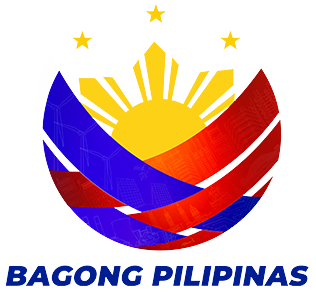Criminology
Practice of Criminology Defined
A person is deemed to be engaged in the practice of Criminology if he holds himself out to the public in any of the following capacities:
- As a professor, instructor or teacher in Criminology in any university, college or school duly recognized by the government and teaches any of the following subjects: (a) Law Enforcement Administration, (b) Criminalists, (c) correctional Administration, (d) Criminal Sociology and allied subjects, and (e) other technical and specialized subjects in the Criminology curriculum provided by the Department of Education.
- As law enforcement administrator, executive, adviser, consultant or agent in any government or private agency.
- As technician in dactyloscopy, ballistics, questions documents, police photography, lie detection, forensic chemistry and other scientific aspects of crime detection.
- As correctional administrator, executive supervisor, worker or officer in any correctional and penal institution.
- As counselor, expert, adviser, researcher in any government or private agency on any aspects of criminal research or project involving the causes of crime, juvenile delinquency, treatment of offenders, police operations, law enforcement administration, scientific criminal investigation or public welfare administration.
Privileges of Certified Criminologists
All certified criminologists shall be exempt from taking any other entrance or qualifying government or civil service examinations and shall be considered civil service eligibles to the following government positions: (1) dactylographer, (2) ballistician, (3) questioned document examiner, (4) correctional officer, (5) law enforcement photographer, (6) lie detection examiner, (7) probation officer, (8) agents in any law enforcement agency, (9) security officer, (10) criminal investigator, or (11) police laboratory technician. Certified criminologists shall be eligible for appointment as Partrolman in chartered cities and municipalities, provided they posses the general qualifications for appointment provided in Section 9 of Republic Act 4864.
The Board of Examiners for Criminology was created on July 1, 1972, pursuant to Republic Act No. 6506 entitled “An Act Creating the Board of Examiners for Criminologists in the Philippines and For Other Purposes.”
The first Board, constituted in 1987, was composed of Dr. Sixto O. de Leon as Chairman and Atty. Virgilio B. Andres and Jaime S. Navarro as Members. On that same year, the Syllabi of Subjects in the licensure examinations for Criminologists was promulgated.
Republic Act No. 6506
An Act Creating the Board of Examiners for Criminologists in the Philippines and for Other Purposes
Be it enacted by the Senate and House of Representatives of the Philippines in Congress assembled
Professional Criminologist Association of the Philippines (PCAP)
Cagayan de Oro College
PHINMA Education Network
Tel No.: (088) 858-3880 to 81 / (08822) 722-010 / 724-401
Re-accredited: Res. No. 2010-552 dated February 4, 2010
The Professional Criminologists Association of the Philippines (PCAP) was accredited by PRC on March 25, 1990 as the professional organization for criminologists in the country. As an accredited professional organization, the Association coordinates with the PRC and the Board of Criminology in helping promote the profession.
Qualification of Board Members
The Members of the Board shall at the time of their appointment be:
- Natural-born citizens of the Philippines;
- Holders of the degree of Bachelor of Science in Criminology (B.S. Crim.) or Master of Criminology (M. Crim.), conferred by a reputable and legally constituted College or Institute of Criminology recognized by the Government;
- At least thirty years of age;
- Registered criminologists with at least ten years experience in the profession: Provided, That the requirements of registration shall not apply to appointmentsto the first Board;
- Non-members of the Faculty of any school, college or institute where a regular course in Criminology is taught, nor have any pecuniary interest in such institution; and
- Not connected with any government agency which operate an academy, training school or institute for the education or training of peace officers or law enforcement agents.


